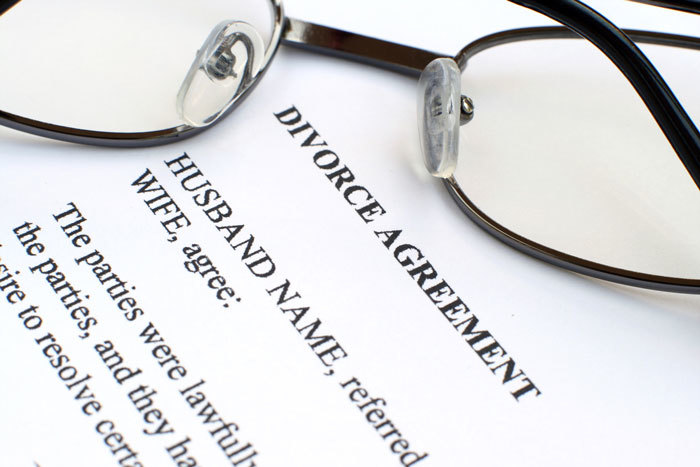As part of any divorce, property must be divided between the parties. Washington law dictates how the courts go about making this division.
Nature of Property
Washington is a community property state, which means that property accrued during marriage is owned by both spouses, with the exception of gifts or inheritance. Any assets and debts acquired prior to the date of marriage or obtained after the date of separation are viewed as separate property. For example, if you earned a wage from your employer during marriage, those wages are community, but wages you have earned since separation are separate property.
Just and Equitable
Washington Courts must divide property in a way that is “just and equitable”, without regard to fault in the marriage. It is important to remember that equitable in this situation means fair, rather than equal, division. In determining what is fair and equitable Courts may look to both separate and community property; however, Courts lean toward awarding each spouse all his or her separate property, but dividing community property. When deciding how to create a just and equitable division, the court may also consider the duration of the marriage and the economic circumstances of each spouse at the time the division of property is to become effective.
Courts presume property is community in character unless proven otherwise. To prove that an asset is separate it must be traced. When tracing assets the naming of the asset, for example the party on the car’s title or the party on the deed to the home, may not be the determining factor for characterization. If assets have been mixed to the extent that tracing is impossible, they are said to be co-mingled and are viewed as community property.
End of Community
For purposes of property characterization, a marriage ends when the spouses separate, even informally by moving into separate home, or by filing a petition for divorce or legal separation. The end date of your marriage is something you will want to discuss with your attorney, and will be found on your petition for legal separation or divorce.
Property division under Washington Law can be complicated for divorcing clients, which is why we have lawyers here to help. Having an experienced divorce lawyer can make all the difference to your process. Because we focus solely on family law, we understand the dynamics and can help guide you through your divorce. Please contact Elise Buie Family Law Group, PLLC for a consultation regarding your divorce. For more information about collaborative divorce or mediation please visit our website.











